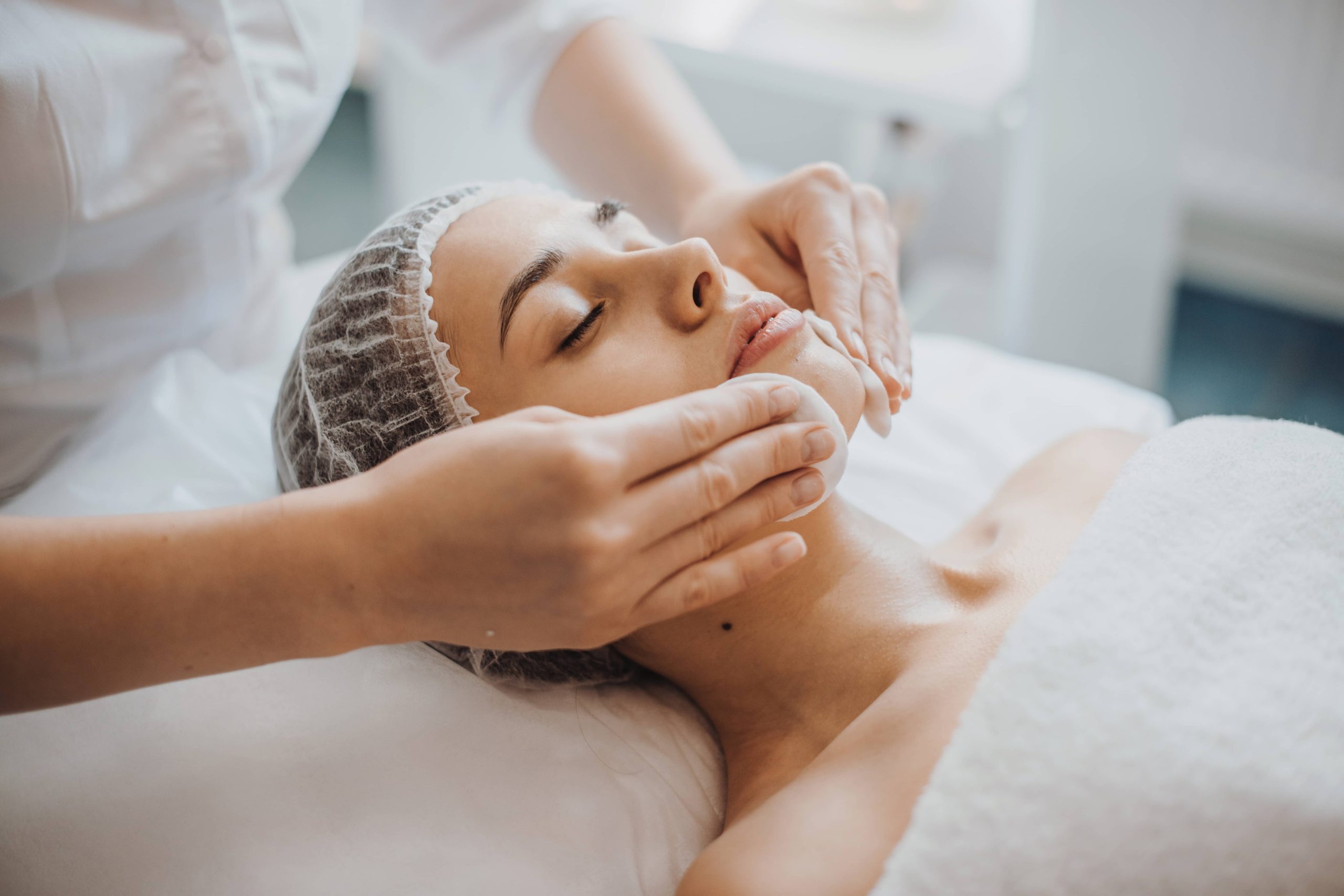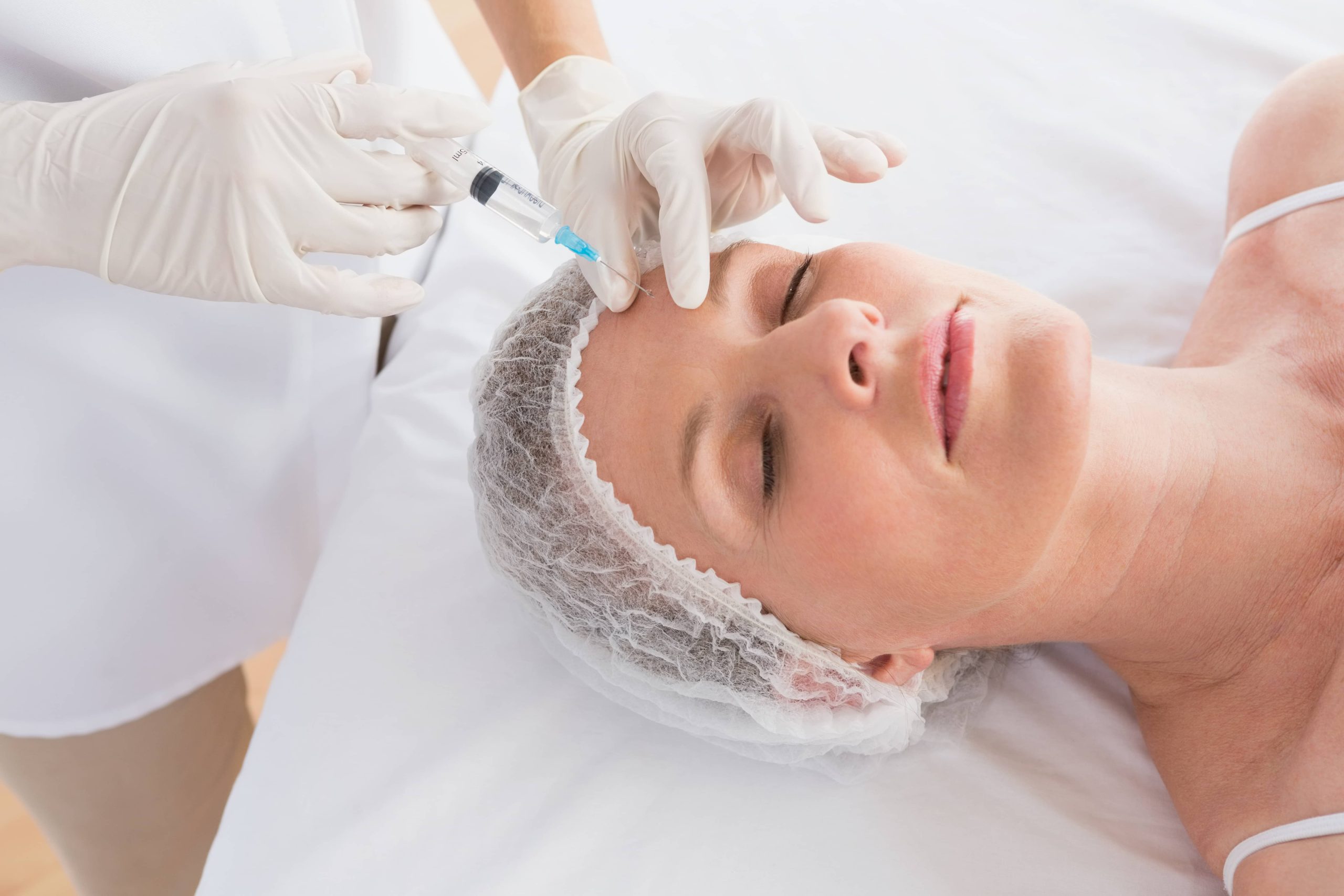skin and the menopause: how to improve skin
Everywhere we look – especially on social media – we are flooded with ads showing us the latest, must-have product to deal with any number of symptoms associated with menopause including skin changes and how to improve skin.
Having been approached by our clients on numerous occasions regarding either symptoms, treatments or ‘miracle’ products, we thought it was about time to look at the evidence and write a blog post on skin and the menopause and how to improve skin.
There is plenty we can do to treat our skin during menopause and improve the condition of skin. If we are not there yet, it is a great time to start collagen stimulating treatments and products to prepare our skin in the best way possible.
Before you read on, if you haven’t read our previous blog post Skin and the menopause: How skin changes on the changes menopause brings to our skin, we would recommend you do – it will help you understand the recommendations below.
Let’s look at some options that can help our skin to prepare for menopause and also support and improve our skin through menopause:
Hormone replacement therapy
We couldn’t write a blog post on menopausal skin without mentioning HRT, and to be honest we could write a whole blog post about HRT alone. However, as it is not used solely to treat signs of ageing, we will be brief.
If you read our related blog post Skin and the menopause: How skin changes, it will make sense that replacing oestrogen in the body will mitigate all of the ageing effects associated with oestrogen loss. The increased collagen, skin thickness and elastin alongside the reduced dryness of the skin all helps. Evidence suggests that women who use HRT continuously within a year of their last menstrual period have significantly less wrinkles and improved elasticity. It can also help to reduce bone loss, therefore maintaining the structure of the skull.
As mentioned before, HRT is a whole topic on its own and although not licensed for skin ageing, we have discussed beneficial effects. However, it is essential to undertake a full consultation to discuss the benefits and risks of this treatment to you personally.

Skincare
During the peri and postmenopausal periods, there are constant fluctuations of hormones so it really is a time to seek regular help to ensure you are using the right products for your unique symptoms. Here are some of the main ingredients to look out for:
Sunscreen
With the increased susceptibility to UV damage, sunscreen is an easy, relatively cheap and effective way to protect the skin. Look for a facial sunscreen with a minimum SPF of 30. There are so many options available including tinted products that substitute for makeup and even sunscreen in a makeup compact.
Retinoids
Whether you are using Retinol or prescription strength Tretinoin, these products are stimulating collagen production and also protecting collagen from being broken down. They help to improve the appearance of fine lines and wrinkles, make the skin firmer with improved elasticity, make the skin thicker and reduce pigmentation.
As menopausal skin becomes dryer, it is possible that retinoids may not be tolerated as well as they can cause further dryness. If this is the case, speak to a professional about how to introduce retinoids in a way that your skin builds up a tolerance to this. If they are simply out of the question, there are many different options of collagen stimulating ingredients.
Antioxidants and Anti Pollution Skincare
Antioxidants (e.g. Vitamin C) or skincare containing antipollution technology (e.g. All Skin Med range) are essential to protect our skin against environmental damage. Vitamin C is known to stimulate collagen production and also stabilise the molecule. However, not all Vitamin C serums will penetrate the skin in order to achieve this effect.
The anti pollution technology in the All Skin Med range goes a step further providing protection against the DNA damage in our collagen producing cells, reducing inflammation of our melanocytes and thereby reducing pigmentation and by reducing free radical damage which leads to dull skin. These products are non-negotiable – especially if you are investing money in skin treatments.
Pigmentation Control Serums
Anti-pigmentation serums will help prevent the formation of age/brown spots, patches of sun damage and melasma and will also help to break down pigmentation on the skin. Again, the ingredients need to be effective and at an adequate concentration to achieve results.
Growth Factor Skincare
We are big fans of growth factor skincare. These products encourage skin recovery and also stimulate our collagen and elastin producing cells to rejuvenate our skin. We opt for products which also contain antioxidants and hyaluronic acid.
As we have discussed in our previous blog, menopausal skin is prone to dryness and irritation. A high concentration ampoule of these growth factors can only be described as a ‘soothing blanket’ for the skin, nourishing and hydrating it while working hard to repair it. If it is difficult to tolerate retinol, these products are a fantastic alternative. We recommend the AllSkin Med Collagen Activation Plan which contains the ampoules and also a rich growth factor moisturiser.
Gentle Cleansers and Moisturisers
Creamy cleansers are the best option for menopausal skin. Avoid too much fragrance and keep things simple – gentle cleansing is key to maintaining the skin barrier.
Also, find a moisturiser that is adequately rich for your skin type to keep it feeling comfortable and use it morning and night. There is no need for ‘day’ and ‘night’ moisturisers – this is nonsense! The right ingredients will keep your skin barrier supported and strong.

Treatments
Injectables
‘Injectables’ is such a broad topic, especially as new treatments become available regularly. Traditionally, injectable skin boosters have been the mainstay for hydrating menopausal skin and plumping it. However we also now use polynucleotides which – when injected into the skin – remodel it by making our skin cells behave younger and carry out their functions more effectively. This regenerates our skin by increasing collagen, elastin and hyaluronic acid production.
Fillers can help with the volume loss attributed to menopause, providing more structure to the face. This should involve replacing only volume that has been lost rather than creating volume that never existed in the first place!
Lastly, Botulinum toxin (e.g. Botox) can have a beneficial effect by relaxing the muscles that contract and cause more permanent lines on our faces (e.g. frown lines, forehead lines and crow’s feet). Again, a very natural result will provide an anti ageing effect. There is also some evidence that having this treatment can help to increase emotional wellbeing. Injecting the frown area prevents expressions of sadness, tiredness or anger and instead encourages an expression of happiness and it is thought that this can improve mood.
Skin Treatments
Collagen stimulating treatments are of the utmost importance during this time. Microneedling with mesotherapy, radiofrequency and chemical peels cause controlled injuries to the skin which trigger our collagen stimulation. However, it is advisable to see a professional to have a skin scan carried out and see which of these options would be most appropriate to achieve your specific goals. The recommendation will be based on:
- Skin concerns
- The condition of the skin (skin can require preparation before some treatments)
- Skin colour and ethnicity
- Level of pigmentation and where it sits in the skin
- Sensitivity
- Capacity for downtime
- Budget
- Medical history and allergies
- Lifestyle factors
It is essential to use sunscreen when having these types of treatments and a good medical-grade skin routine will support and enhance the results.
Supplements
If we took all of the supplements recommended for the peri and menopausal period, we would rattle! It is important to choose your advice and your supplements wisely. As there are so many different symptoms that we can experience at this time, we shouldn’t expect one supplement to treat all and rather should seek out specific nutrients that help our own individual symptoms. You may need to contact a specific menopause nutritionist for guidance.
When it comes to skin however, we are asked about collagen supplements all the time and we are very wary of the multitude of products available out there. Celebrity endorsed brands, wellness brands – you name it – they have made a collagen supplement.
Our main advice would be to seek evidence-based products with clear and transparent clinical trial data. Only then do you know that you are investing your money wisely. If you are unsure if the brand you are using has this data, ask them to send it to you. We are always happy to take a look at it for you.
Lastly, think about what you want from your collagen supplement – just good skin? Some help with your joints or your gut? Help with vaginal menopausal symptoms? Not all collagen supplements can help with all of the above but some can!
Lifestyle advice
Maintaining a healthy lifestyle in the lead up to and during menopause is going to help minimise the accelerated ageing that is expected. This will include the use of good broad-spectrum sunscreen, a nutrient rich diet, stopping smoking, avoiding excessive alcohol consumption, improving sleep quality and combating pollution on the skin.
Finally, the menopause bandwagon brings with it unqualified ‘experts’, unregulated supplements and ‘miracle’ devices and they all come at a cost. The desperation that women can feel at this time when they experience a ‘loss of control’ over their bodies and minds is unfortunately monetised.
We cannot stress enough the importance of consulting with highly qualified professionals whether that be menopause nutritionists, menopause specialist medical professionals, personal trainers that understand menopause and of course skin and medical aesthetics practitioners that are regulated and accountable to their governing bodies.
Find out more about the skin treatments we offer at our skin clinic, and for more expert skincare advice and tips follow us on Instagram.
